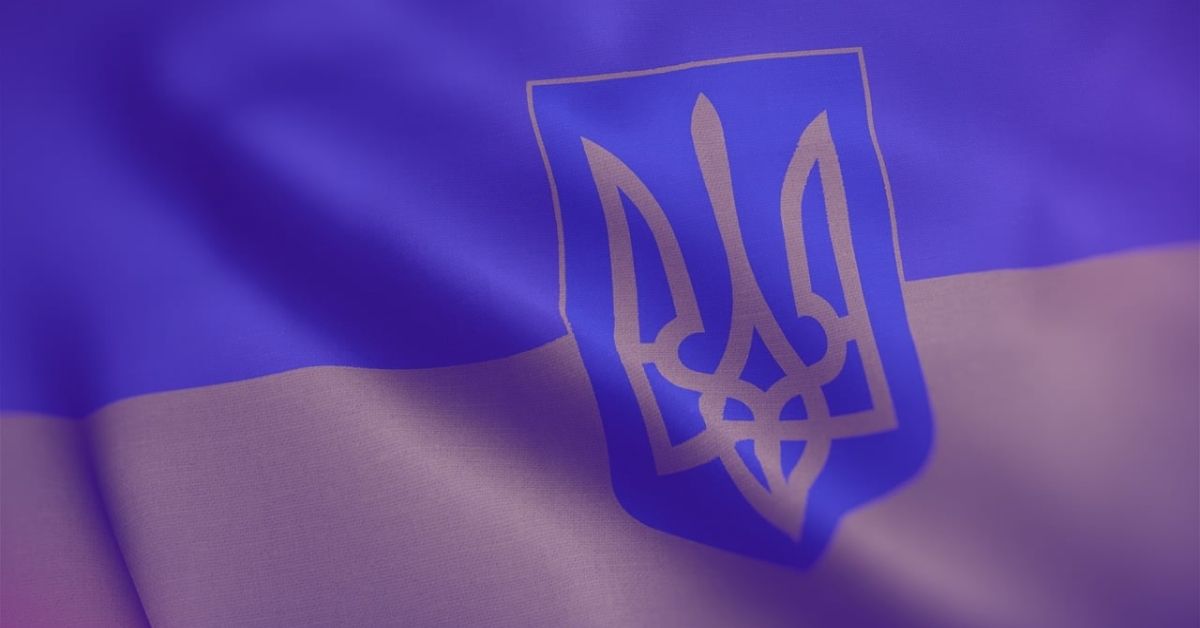Update about war-affected assets in Ukraine (AUGUST)

In the recent update about Loan Originator’s “Chain Finance” borrower and it’s war-affected assets in Ukraine, we informed about the status of repayments for June, plans regarding investments, and operational level.
Debitum has collected the latest information and data about the current situation (including July) and summarized it below.
Current financial status
Due to war-situation in Ukraine “Chain Finance” borrower has stopped any operations related to new client acquisition and financing. The company’s efforts are focused on preserving the maximum possible value of the existing portfolio and recovering financial assets – servicing existing customers and repossession of the cars in the risk groups (non-paying).
- In July 16% of clients have made repayments according to the payment plan while the majority – 47% have made just partial payments
- The decrease in “repayments in time” was expected by the borrower since a substantial part of the good-paying customers (12%) had already repaid the loans according to the conditions that correspond to the war conditions and the financial capabilities of the customers (reduced rates)
- Ukraine currency (hryvnia) has decreased its value in July even more. It means all collected amounts and the outstanding portfolio also have reduced in it’s value
- Due to war situation in Ukraine, discipline of the repayments in time will be more and more unstable
- At the end of July, the borrower has accumulated in total 13 605 405 UAH (368 846 EUR @ exch. rate uah/eur of 0.027) in the dedicated bank account for Debitum investors.
Decrease of the value of Ukraine assets portfolio under war conditions / chart
Chart-relevant data
- 100% – total value of the assets in Ukraine portfolio
- 30% – drop in car prices in Ukraine. Vehicle prices have plummeted in Ukraine since the import tax revoked (April 2022) during the state of war
- 9% – the volume of assets (cars) damaged, destroyed, or confiscated for Ukraine army use
- 19% – Ukraine currency (hryvnia) continues to experience a decrease in its value against EUR compared to the period before Russia started its invasion
- 42 % – current total value (including July data) of the assets in Ukraine portfolio
The situation over time highlights that any gained amount of funds collected from paying-in-time customers or from repossessed and sold assets (cars) reduce its value against EURO. The forecasts reveal that assets will continue to reduce it’s value due to the escalation of the war.
Borrowers’ strategy – collect and repossess assets
As already mentioned, borrower-company focuses on preserving the maximum possible value of the existing portfolio and recovering financial assets.
Repossession of cars – inside and outside of Ukraine – constitutes a significant part of the actions of the strategy.
- The borrower in total has managed to repossess 50 cars (in July – 10 vehicles), and it is working to repossess other non-paying customer cars
- 6 cars were found and collected outside Ukraine. Collecting vehicles outside the country is getting expensive. 6 car collection resulted in a 550 EUR collection fee and 985 EUR delivery fee
- The collection of vehicles is getting more expensive. The majority of the non-performing portfolio assets are located either outside Ukraine (collection and shipping fee applied) or in heavily war-affected or occupied regions. Thus, the safe collection is not possible at this moment
- With current car prices, it is impossible to regain significant value by selling repossessed cars in the current situation. Thus borrower-company is working with clients to pay at least partial payments (for example, interest only for a given period), rather than collect the cars and sell them at loss.
Repayments to investors for claim rights related to Ukraine
- No principle or interest repayments will happen during Force Majeure caused by the war situation in Ukraine
- Penalty interest will not be applied as a reason for delayed payments in the Force Majeure situation stipulated in the agreement
- After the Force Majeure ends or once another solution is found on how to access the capital of the Ukraine borrower, all regained funds will be distributed equally to all involved investors.
Why is there still not happening any repayment for these assets?
- War situation and thus Force Majeure is in place. Even though part of repayments are collected, due to Martial Law in Ukraine, business-related money transfers from Ukraine to other countries are prohibited (including Latvia)
- More information about Martial Law in Ukraine you can find:
rferl.org/a/ukraine-Russia-martial-law-extendeducci.org.ua/en/press-center/
Why Chain Finance is not executing buyback for loans 90+ days late?
Chain Finance has notified us that Ukrainian borrower-company informed that due to Force Majeure situation in Ukraine loans issued to the end-borrower can not be collected and repaid in the pre-agreed time. This means that from this perspective loans issued to the borrower are not late and thus Chain Finance argues that the Buy-back obligation is not active.
Despite what is mentioned above, Debitum has requested Chain Finance to find a solution on how to organize repayments for our investors.
Additionally, Debitum has a contracted Legal office that specializes in the Fintech industry to define the best possible solution for our investors.
Further plans
Debitum continues to explore legal options regarding collection. We are proceeding to get an independent party assessment of the collection possibilities in Ukraine.
As always, Debitum will monitor and request operational and financial data from the borrower to ensure the investor’s capital can be regained at the maximum rate.
We will inform you as soon we will have any other important information on this matter.
Debitum team
